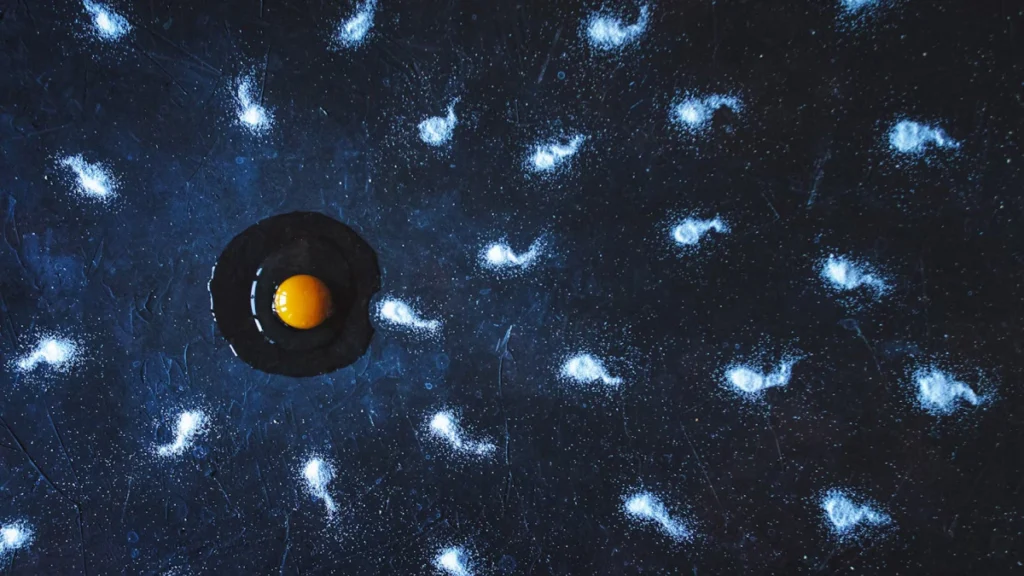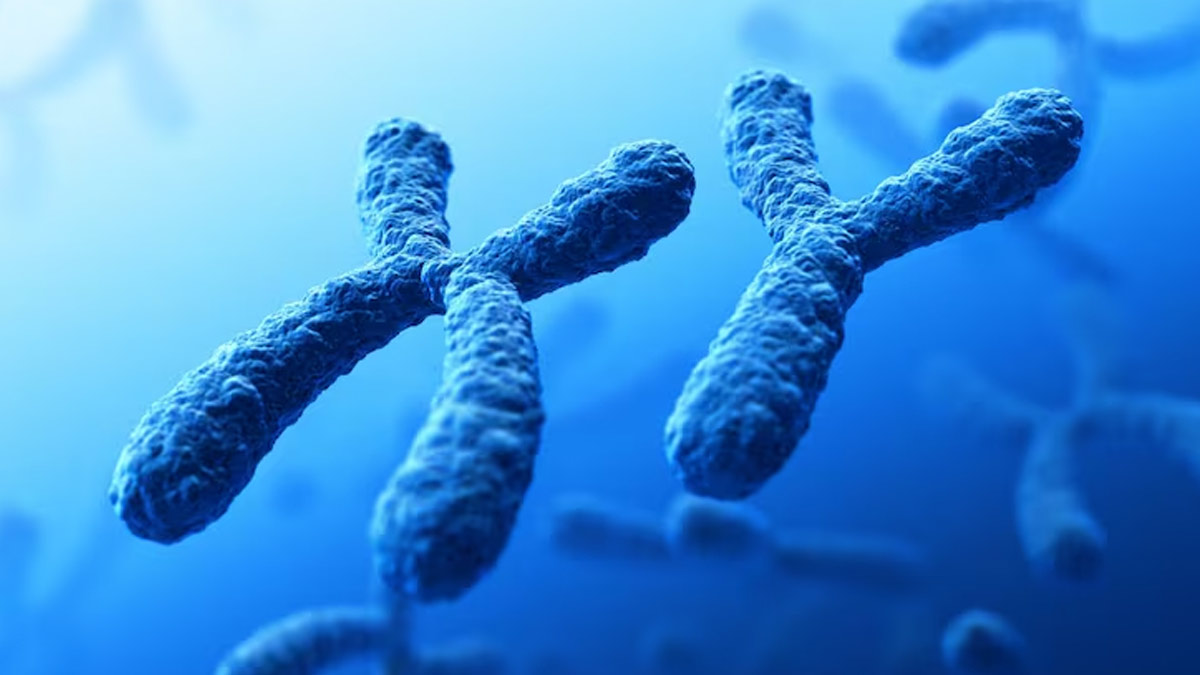The Y Chromosome’s Slow Gene Loss: What Does the Future Hold?
The human Y chromosome, essential for male development during embryogenesis, has been gradually losing its genes over millions of years. Originally comprising 1,438 genes, it now contains only 45, and scientists estimate it could become obsolete within 11 million years. This ongoing genetic erosion raises critical questions about the future of human reproduction and the viability of males if the Y chromosome were to disappear. However, recent studies suggest that there might still be a future for males even without this chromosome.
What is the Y Chromosome?
The Y chromosome is one of the two sex chromosomes in humans, alongside the X chromosome. It is instrumental in male sex determination and the development of male reproductive organs, including the testes. Typically, males have one X and one Y chromosome (XY), whereas females have two X chromosomes (XX). Despite its crucial role, the Y chromosome is considerably smaller than the X chromosome and has a much smaller gene count, reflecting its reduced functional diversity over evolutionary time.
The Decline of the Y Chromosome
Research highlights the ongoing decline of the Y chromosome. According to a study published in the Proceedings of the National Academy of Sciences, Professor Jennifer A. Marshall Graves, a prominent geneticist, has documented the Y chromosome’s steady degeneration. Over the last 300 million years, it has lost 1,393 of its original genes. At its current rate of gene loss, the Y chromosome might lose its remaining genes within the next 10 million years. This potential for extinction has prompted speculation about the implications for male survival and human species continuity.

Implications for Reproduction
The possible disappearance of the Y chromosome raises significant concerns regarding reproductive biology. If the Y chromosome were to vanish, the primary question would be whether males could continue to reproduce and maintain genetic diversity. Some scientists propose that alternative mechanisms might evolve to preserve male development and reproduction. For instance, the process of sex determination could potentially shift to other genetic or epigenetic systems, compensating for the loss of the Y chromosome.
Research and Future Prospects
Recent research has explored potential ways for males to persist even without the Y chromosome. Advances in genetic engineering and reproductive technologies could offer solutions. For example, scientists are investigating ways to create synthetic or modified sex chromosomes that could replace the Y chromosome’s functions. Additionally, understanding the genetic and epigenetic factors involved in sex determination may provide insights into how future generations might adapt to changes in sex chromosome composition.
Conclusion
The gradual decline of the Y chromosome presents a fascinating and complex challenge for future generations. While the prospect of its complete disappearance is concerning, ongoing research provides hope that alternative solutions could ensure the continued existence of males and the survival of the human species. As scientists continue to investigate this genetic enigma, they are not only exploring the potential future of the Y chromosome but also advancing our understanding of genetics and reproductive biology.


















